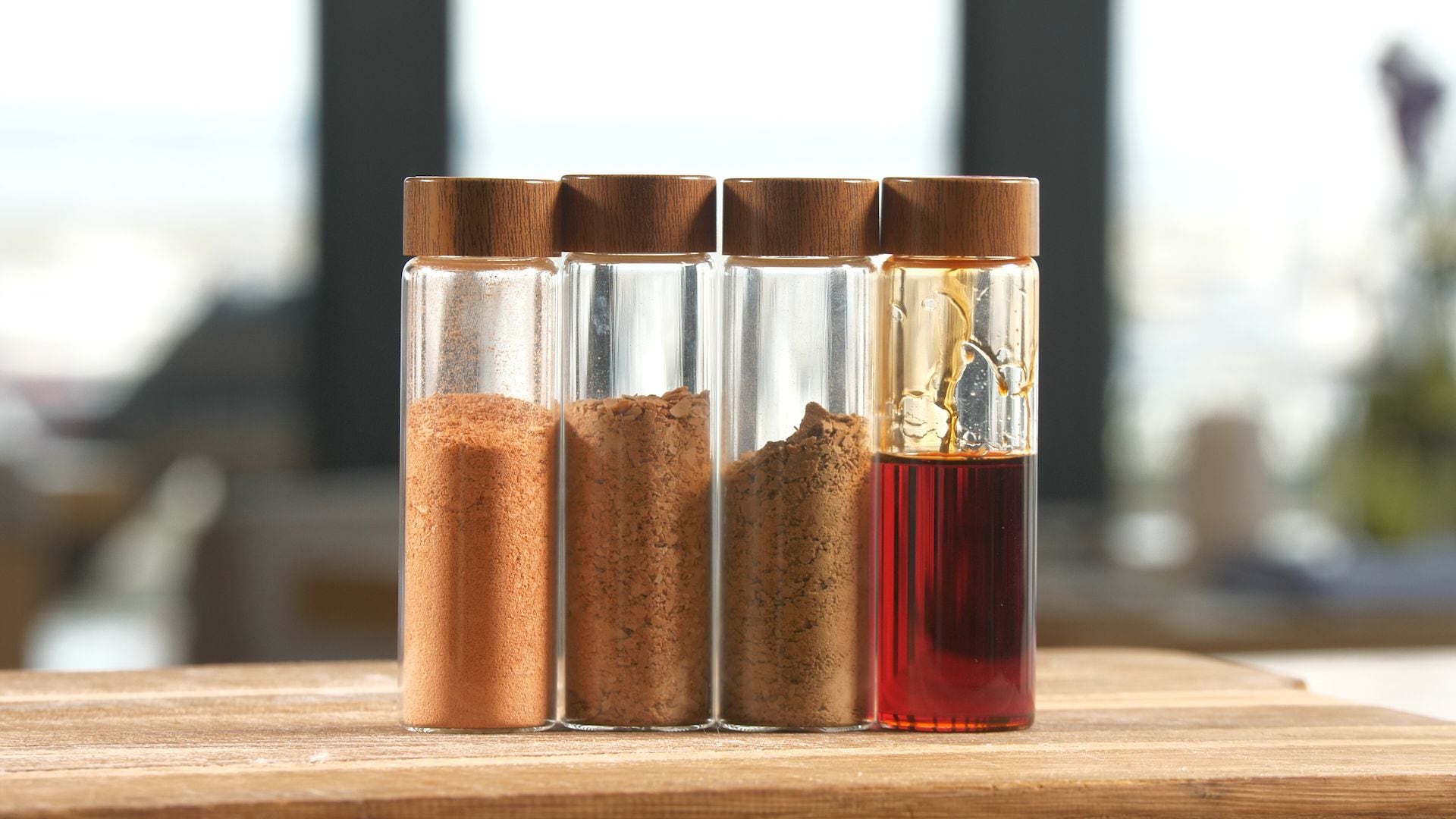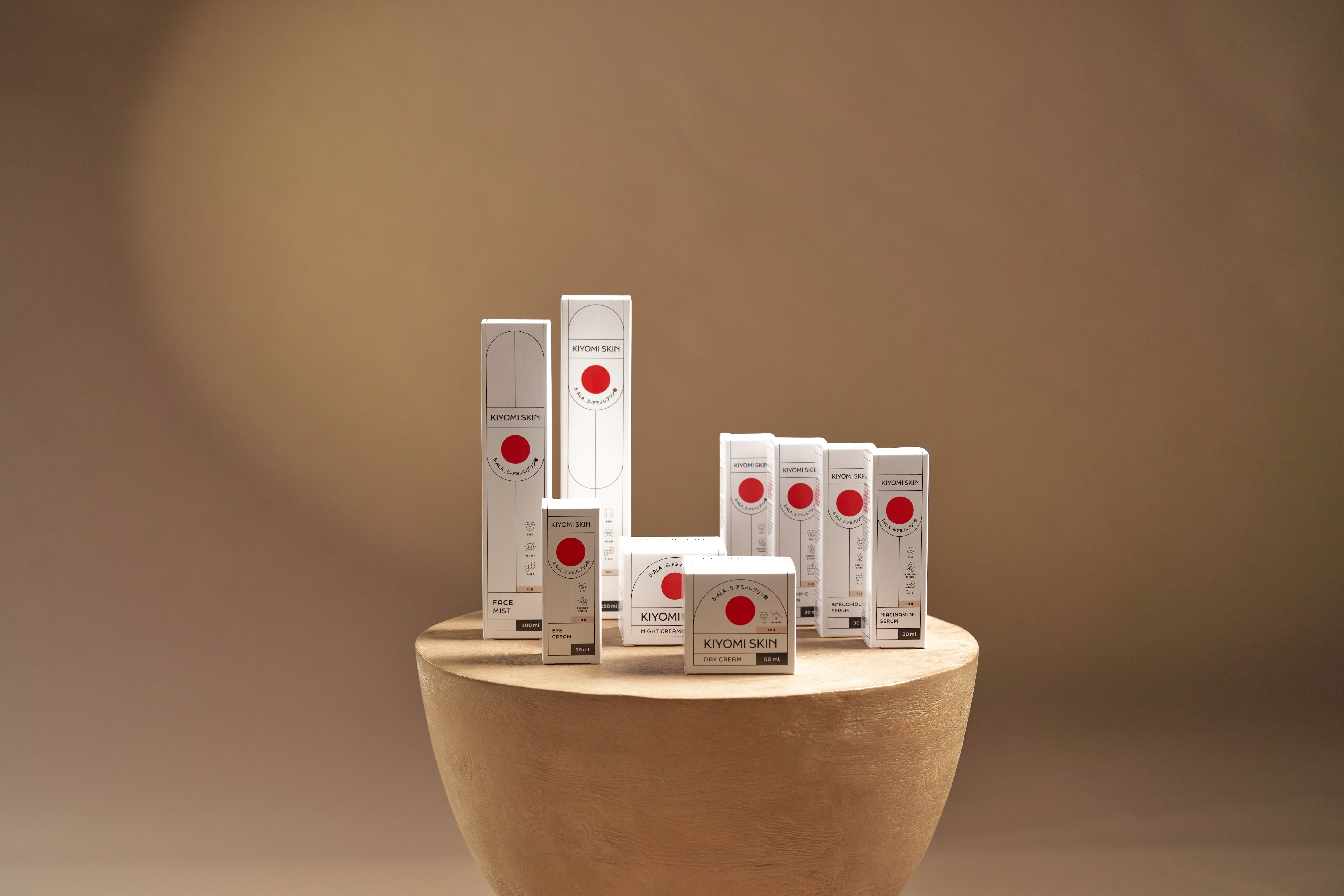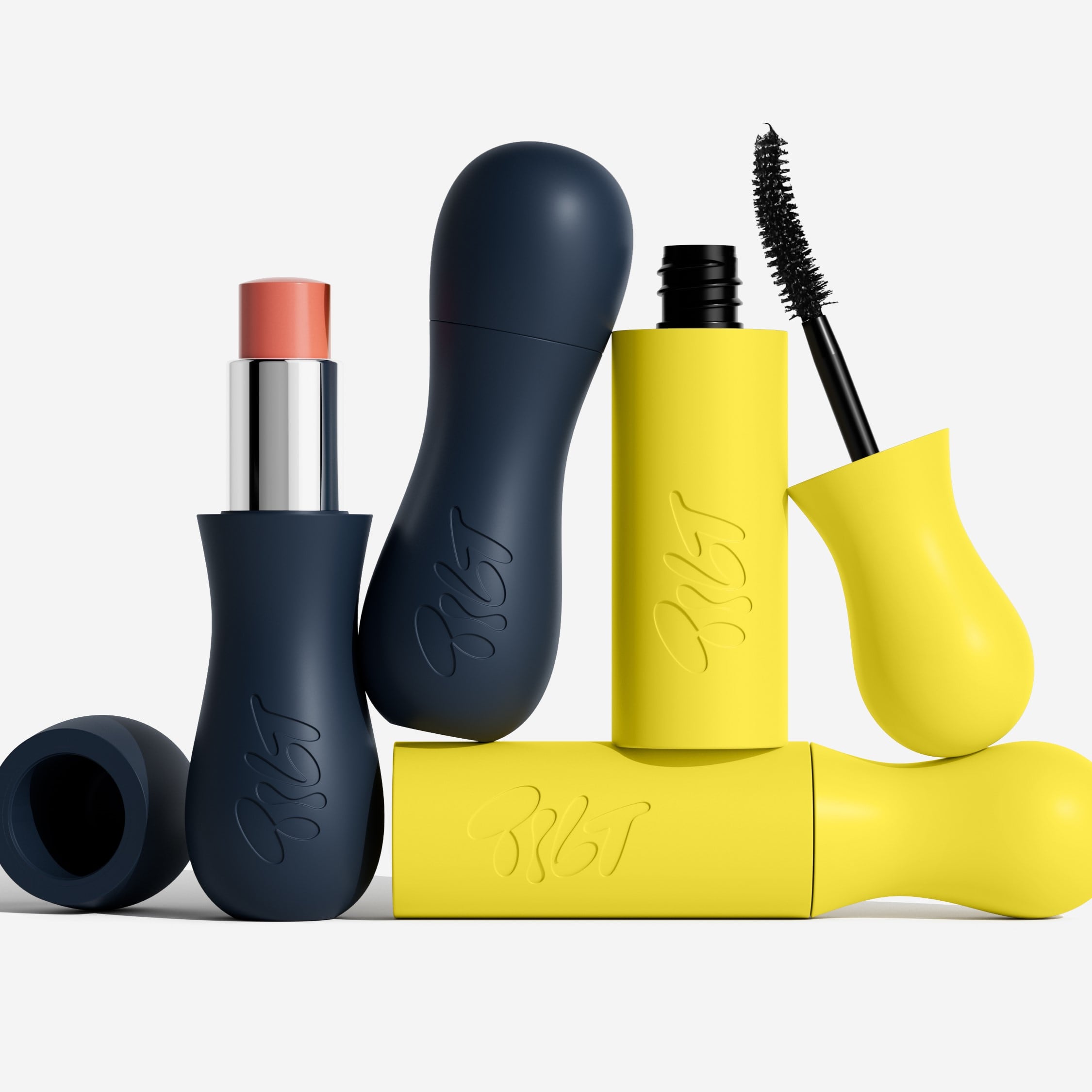As legislation tightens and beauty consumers voice growing health, environmental, and ethical concerns over the use of mineral oils in cosmetic formulations, demand for sustainable alternatives is on the rise.
Estonian biotech company ÄIO has secured €1 million in funding to support a three-year research and development project focused on microbial fermentation-derived lipids and their derivatives, specifically for use in cosmetic and personal care applications.
EU legislation spurs demand for sustainable cosmetic ingredients
This funding comes at a pivotal moment, as major regulatory shifts – such as the EU Deforestation Regulation – are set to significantly impact palm oil sourcing and, by extension, global supply chains.
ÄIO’s fermentation-derived ingredients are designed for a wide range of cosmetic applications, including soaps, moisturisers, serums, and makeup with specialised pigments. According to the company, these ingredients require 97% less land and 90% less water than conventional palm oil production.
Founded in 2022 as a spin-off from Tallinn University of Technology, ÄIO uses biomass and precision fermentation to convert industrial side streams into nutrient-rich oils and fats.
The €1 million grant was awarded through the Applied Research Programme (RUP), backed by the Estonian Business and Innovation Agency (EIS) and the total project budget is projected at €1.8 million.
“This grant represents more than funding, it’s validation from the Estonian government that our technology can fundamentally reshape how cosmetic ingredients are produced,” said Nemailla Bonturi, Co-founder and CEO of ÄIO.
“We’re now ready to scale our impact globally, offering smarter, more sustainable ingredient alternatives to an industry that touches the everyday lives of millions.”
Ene Viiard, R&D Expert at EIS, said that biotechnology and sustainable biomaterials are among its strategic priorities. “Competition for RUP support is high, but ÄIO stood out with its scientific expertise and disruptive vision,” said Viiard.
The timing of the grant aligns with tightening regulations, including the EU’s deforestation law, which is expected to accelerate demand for traceable, sustainable alternatives and “future-proof” supply chains.
ÄIO said its fermentation-derived solution provides better traceability and more consistent quality compared to agricultural ingredients, which are vulnerable to climate and geopolitical instability.
The cosmetics industry is also facing increasing scrutiny over ingredients such as PFAS and microplastics, which are said to pose potential risks to human health and the environment.
Preparing for commercial launch and global partnerships
“The cosmetics industry is at a turning point. Sustainability is no longer a ‘nice-to-have’ – it’s a non-negotiable, driven by consumer demand,” said Magdalena Koziol, Head of Cosmetics Development at ÄIO.
“Until recently, sustainable alternatives were often held back by concerns over performance or cost. Through R&D and scientific validation, we’re proving that fermentation-derived ingredients can deliver on all fronts—without compromising the planet or human health.”
ÄIO is currently in discussions with cosmetics manufacturers and plans to launch its first product by Q4 2025. It also aims to raise additional funding by the end of Q3 2026 to support its expansion. The company said that that alternative fats market is “projected to grow by 6% annually, reaching $4.5 billion by 2032.”
“We’re seeing unprecedented interest from manufacturers who now recognise that sustainable sourcing is no longer optional,” Koziol added. “The question isn’t whether the industry will transition to alternative ingredients—but how quickly. The time to act is now.”
The three-year R&D project will build on ÄIO’s proprietary microbial oil fermentation platform, focusing on advancing lipid extraction, fractionation, and refinement techniques.
“We’ll explore alternative extraction methods and biomass valorisation strategies to promote full circularity,” Koziol explained. “Additionally, we’ll implement precision fermentation using newly developed strains to produce high-value products, all while ensuring compliance with regulatory and industry standards.”





